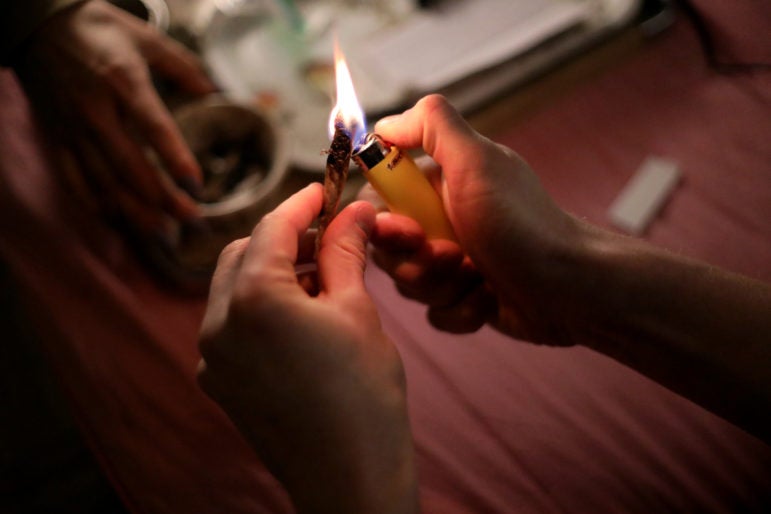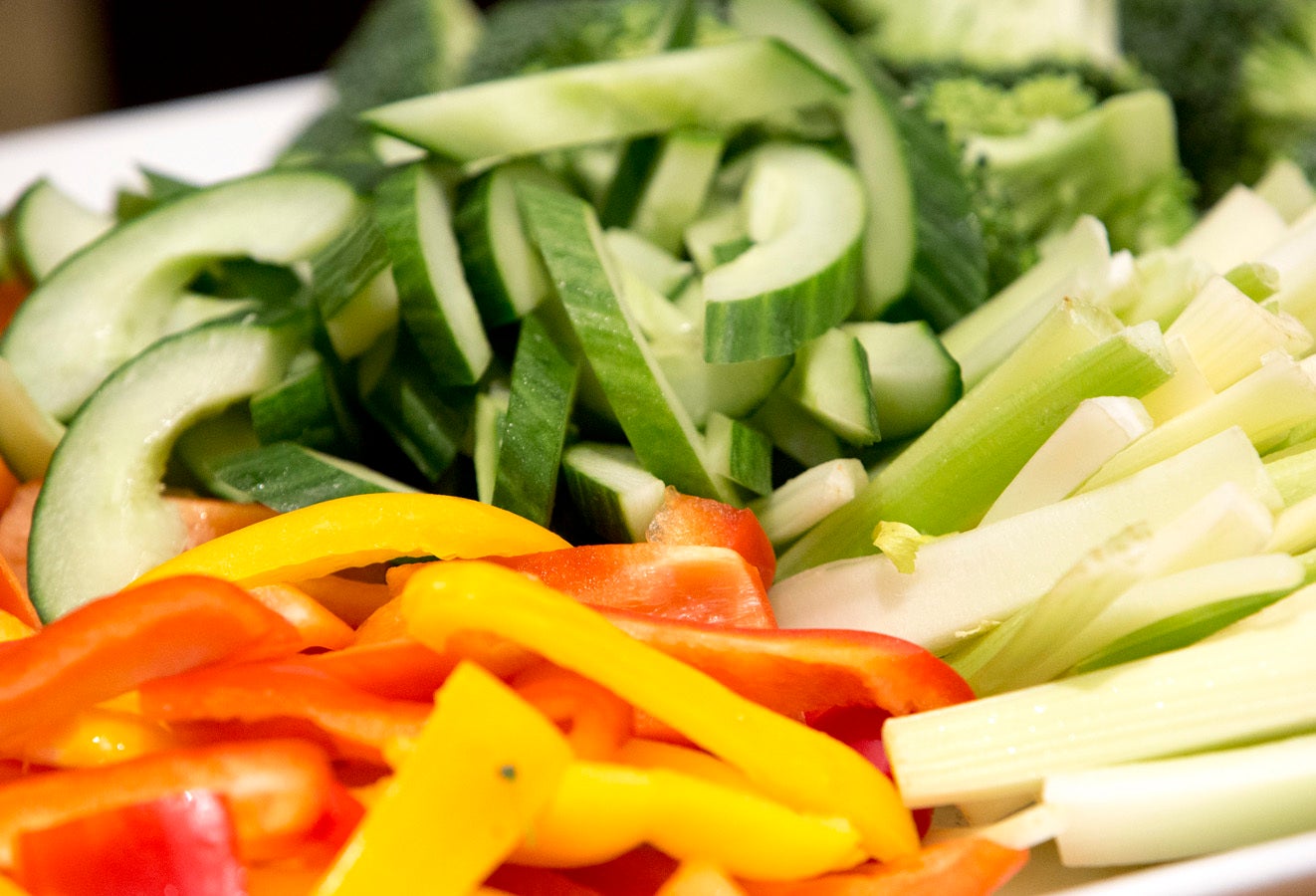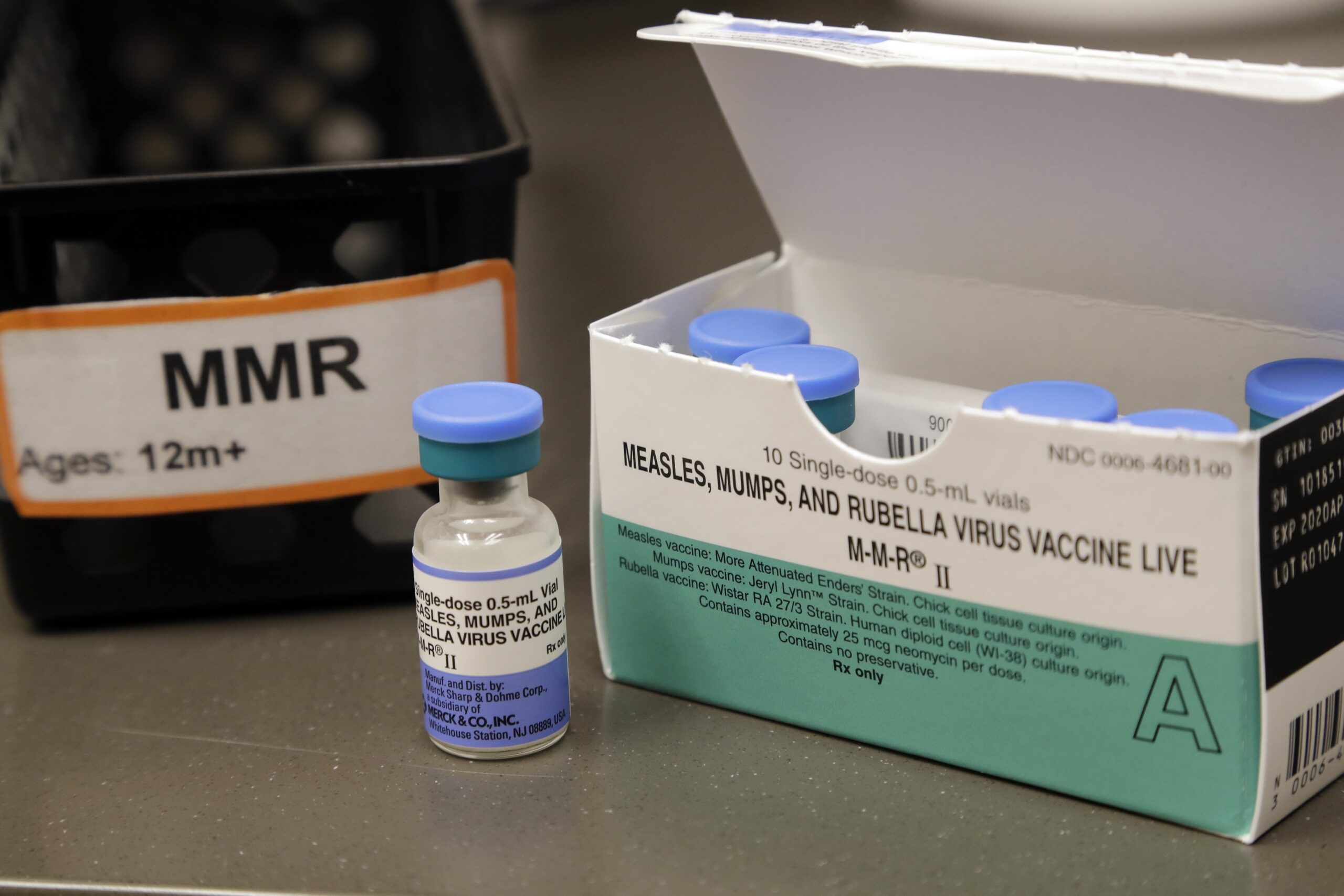Dear Doc: I have arthritis in both knees. It hurts — a lot. My orthopedic surgeon wants me to try conservative measures before having a knee replacement.
Ibuprofen and acetaminophen haven’t touched the pain, nor did glucosamine and chondroitin sulfate. So, he suggested turmeric. I’ve been taking 500 milligrams three times a day, doing the exercises my physical therapist told me to do and riding my bike all the time. I really feel better.
My question to you is: What role is the turmeric playing in this game? P.S. Over the years, I have enjoyed your radio broadcast. It always sounds like you’re having fun. — R.R. from Jacksonville Beach, Florida
News with a little more humanity
WPR’s “Wisconsin Today” newsletter keeps you connected to the state you love without feeling overwhelmed. No paywall. No agenda. No corporate filter.
Dear R.R.: Turmeric is an ancient Indian remedy for gastrointestinal ailments, infections, sores and inflammation. There is no good scientific evidence that it does anything because there have been very few scientific studies using it.
So does this lack of information mean it’s worthless? If that’s the case then nearly all complementary medicine is worthless. I’m not on that side of the argument; that’s too rigid. What it does mean is that science can’t solve this equation.
The problem I have is in the advertising. You often have a poorly controlled, faux scientific group of 10 people here and 10 people there that “quote-unquote” shows turmeric works. Then they put on the label that the product has been “scientifically proven,” using the shroud of science to justify sales. That’s junk science — quack, quack.
So, I suggest you keep giving it a try. I usually recommend a month on the supplement and a month off the supplement. If you’re not sure, then repeat the month-on, month-off approach. Try, as objectively as possible, to see how you feel. This may not be the gold standard, like a double-blind, placebo-controlled trial, but it still has value for you.
Now, I do think a lot of your relief comes from your exercises. Time after time we’ve seen that anytime you move your body you get benefits. Those studies are robust and, in my mind, irrefutable. So even if you toss the pill, stay on the bike.
Dear Doc: I’m writing about the man you wrote about recently who had a rash on his penis, which didn’t go away despite doctor after doctor recommending super-good hygiene, drying his crotch and powdering it with talcum or corn starch, and a using variety of anti-fungal and anti-inflammatory creams.
You suggested giving the anti-fungal pill griseofulvin, but I think that has too many side effects. I know because I have a doctorate in pharmacy.
Why not try a more natural cure, such as limiting sugar in his diet, white bread and pasta? Or perhaps look into the folk remedy of tea-tree powder; I’ve heard it works wonders. — P.M. from Minneapolis
Dear P.M.: You are right about the drug. It’s one of my go-to drugs only when all else fails. That elderly man was really worried that the undertaker would see his penile rash, and that was a very big concern for him.
I don’t think limiting sugar and refined carbohydrates would do much, but it’s certainly worth a try. As for tea-tree powder, I agree. This Australian folk remedy has been used in studies of skin infections and shown to be possibly useful. It’s a good example of a non-drug complementary treatment that might do the trick.
Thanks for your input. Stay well.
Wisconsin Public Radio, © Copyright 2026, Board of Regents of the University of Wisconsin System and Wisconsin Educational Communications Board.





